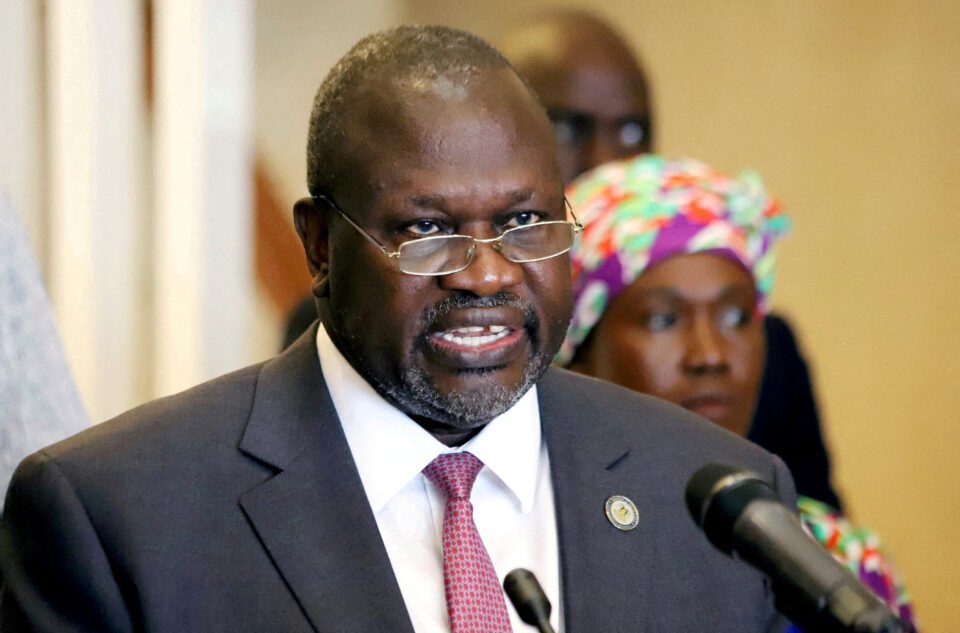A major political storm has hit South Sudan, a country that has been struggling to find stable peace since it gained independence in 2011. In a dramatic turn of events, South Sudan’s First Vice President, Dr. Riek Machar, has been charged with very serious crimes, including treason, murder, and crimes against humanity. This development has sent shockwaves across the country and the region, with many fearing it could push the young nation back into a full-blown civil war.
The charges were announced by the South Sudanese justice authorities, following a period where Machar had been under house arrest. The accusations are a direct challenge to the delicate power-sharing agreement that was put in place to end years of brutal conflict between forces loyal to President Salva Kiir and those loyal to Machar. This article will break down the details of these charges, the events that led to them, and what they could mean for the future of South Sudan.
The Accusations: What Are the Charges?
According to a statement from the Ministry of Justice, Dr. Riek Machar and a number of his associates are facing a range of serious allegations. The main charges are:
- Treason: This is a very serious charge that accuses someone of betraying their country. It is linked to the government’s claim that Machar was involved in activities aimed at overthrowing the current government.
- Murder and Crimes Against Humanity: These charges are related to a specific and violent incident that took place in March in Nasir, Upper Nile state. Government authorities claim that a militia, known as the “White Army” and allegedly loyal to Machar, attacked a government army garrison. The attack resulted in the deaths of many soldiers and a commanding officer. The accusations of crimes against humanity suggest that these actions were part of a widespread attack on civilians, which is a violation of international law.
- Other Criminal Charges: The indictment also includes charges like conspiracy, terrorism, and the destruction of public property and military assets.
The Justice Minister stated that the charges came after a long government investigation into the violent events. The ministry insists that the attack in Nasir was a coordinated military and political action, influenced by Machar and others in the opposition.
The Background: A History of Rivalry
To understand the weight of these charges, you have to look at the long and complex history between President Salva Kiir and Dr. Riek Machar. They were once allies, fighting together in the same rebel group (the Sudan People’s Liberation Movement, or SPLM) for South Sudan’s independence from Sudan. However, their relationship has been marked by deep-seated rivalry, which is often linked to their different ethnic groups—Kiir is from the Dinka, and Machar is from the Nuer.
This rivalry has led to two major civil wars in South Sudan. The first broke out in 2013, when President Kiir accused Machar, who was then his vice president, of planning a coup. The conflict lasted for five years, killed an estimated 400,000 people, and forced millions to flee their homes.
A fragile peace agreement was signed in 2018. The deal, called the Revitalised Agreement on the Resolution of the Conflict in South Sudan (R-ARCSS), was meant to bring the two rivals together in a transitional government of national unity. As part of this deal, Machar was reappointed as First Vice President in 2020. However, key parts of this peace deal, like the unification of armed forces and holding a national election, have been repeatedly delayed.
The Fallout: A Threat to Peace
The announcement of these charges against Machar has brought back old fears of violence. Machar’s political party, the Sudan People’s Liberation Movement-in-Opposition (SPLM-IO), has called the charges a “political witch hunt” and said that the justice system in South Sudan is not independent. Many observers, both within South Sudan and internationally, believe that the charges are a move by President Kiir’s government to remove its main rival from power.
The charges and the subsequent suspension of Machar from his position as First Vice President are seen as a serious violation of the peace agreement. Regional bodies like the Intergovernmental Authority on Development (IGAD), which helped to create the peace deal, have warned all sides to avoid actions that could lead to more instability.
The future of South Sudan’s peace process now hangs in the balance. The prosecution of a vice president sets a historic and risky precedent. If the case is not handled with fairness and transparency, it could lead to more fighting and further delay the country’s progress toward stability and democracy. For a nation that has already suffered so much, this development is a painful reminder of how fragile peace can be.


